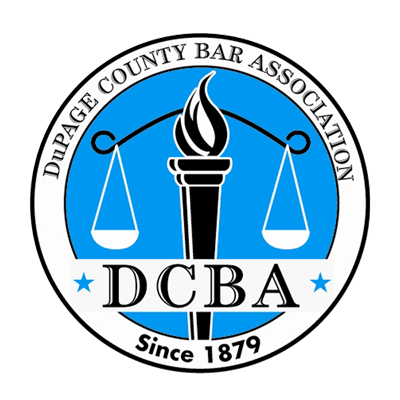
Illinois has more than 300,000 car accidents each year, and about 20% of those involve an injury. The majority of crashes in Illinois happen on city streets, which isn’t surprising. There are more cars closely packed together, stopping and starting throughout their drives. This congestion leads to more opportunities for accidents caused by distracted drivers, obstacles in the road, and even broken or missing signs.
Accidents Caused by Broken Signs and Signals
Accidents caused by broken, obstructed, or missing signs are common enough that the state addressed the issue. According to the Illinois Department of Transportation, some situations involving missing, broken, or obstructed signs are more likely to result in lawsuits against a municipality or local agency, including:
- – Missing, damaged, obstructed, or hidden stop signs;
- – Stop signs improperly placed at a wrong height, location angle, or not reflective or of proper quality;
- – Absence of “STOP AHEAD” signs where necessary;
- – Shrubbery or other obstructions restricting view of signs or road conditions;
- – Failure to warn of “T” intersections; and
- – Lack of an inspection program to determine various road defects and signing problems.
Malfunctioning traffic signals can also cause accidents. While Illinois’s rules of the road cover situations where a traffic signal is off or flashing red or yellow, traffic signals can cause accidents when:
- – A signal gives drivers conflicting signals;
- – A signal fails to trigger and remains red indefinitely, forcing drivers to backup or change lanes improperly;
- – A tree or shrubbery obstructs a traffic signal; or
- – A malfunctioning signal causes a driver to try to continue through an intersection with a red light.
Who is Liable?
If a broken street sign or signal causes an accident that injures you, the liability can vary. There are times when a municipality may be liable, or a city might be responsible jointly with you or another driver. Liability may depend on the circumstances surrounding the accident. If you encounter a broken traffic signal, you must treat the intersection as a four-way stop. If you proceed through the intersection without stopping, you might be liable. On the other hand, if someone else blows through an obstructed stop sign and hits you, the other driver and the municipality responsible for maintaining the sign might both be liable.
In some cases, multiple drivers and the government might all bear some liability for an accident or injury. Illinois uses a “comparative fault” rule for car accidents. When multiple parties are partially at fault, the court assigns a percentage of fault to each party, which will affect any damage award.
Filing Suit Against State or Local Governments
In many cases, states and municipalities may be immune from civil lawsuits but have carved out exceptions with administrative procedures for filing claims alleging that the city or one of its employees was responsible for an injury or property damages. Illinois also carves out exceptions from its sovereign immunity.
- – Illinois Court of Claims Act
The Illinois Court of Claims Act limits the state’s ability to claim sovereign immunity in certain cases, including personal injury claims. You must file a notice of claim with the Illinois Attorney General and the Clerk of the Court of Claims within one year of the accident, or you must file suit with the Court of Claims within one year of the date when the accident occurred. If you file suit within one year, you do not have to notify the Attorney General and Clerk of Court. See 705 ILCS § 505/1, et al. (2018).
The time limit for notice or filing suit with the Court of Claims is a much shorter time limit than the two-year statute of limitations for a personal injury claim in court. See 735 ILCS § 5/13-202 (2016).
- – Claims Against Municipalities
There is no special court system for claims against municipalities. You can file a claim in court according to the statute of limitations for personal injuries. There are some limitations for claims against a municipality or employee listed in the Local Governmental and Governmental Employees Tort Community Act that also affect the statute of limitations for filing suit. See 745 ILCS § 10/8-101 (2003).
Do I Need an Attorney?
While you don’t need an attorney to file a lawsuit, your best bet for a favorable outcome is to hire an experienced personal injury attorney. The experienced personal injury litigators at Cullotta Bravo Law can investigate and document your claim, prepare for negotiations with the city or state of Illinois, negotiate with insurance companies, and prepare for an effective lawsuit if needed. An experienced personal injury lawyer can ensure that industry experts evaluate your case, reconstructing your accident, and explaining how and why it happened. Cullotta Bravo Law also aggressively negotiates with insurance companies to ensure that you get the compensation you deserve.
If you believe a broken or malfunctioning street sign in Illinois caused your accident, the Law Offices of Cullotta Bravo Law can help. Give us a call at 630-898-7800 or contact us online for a free consultation. We don’t collect a fee unless we resolve your case through a settlement or trial.





